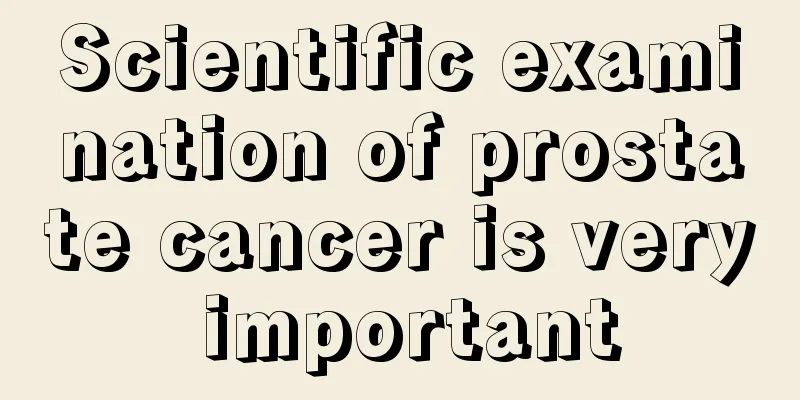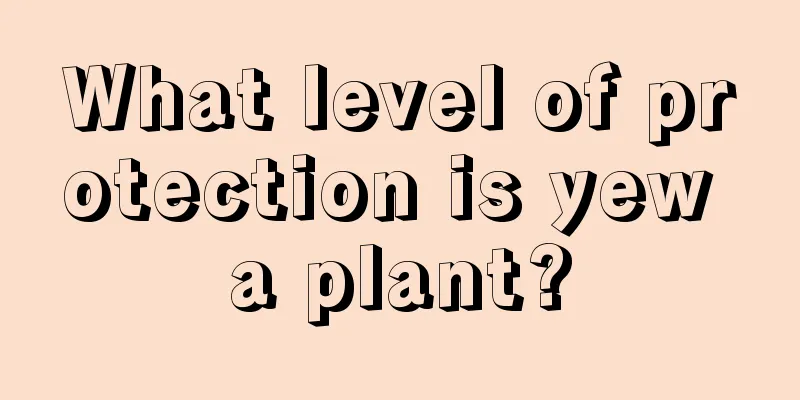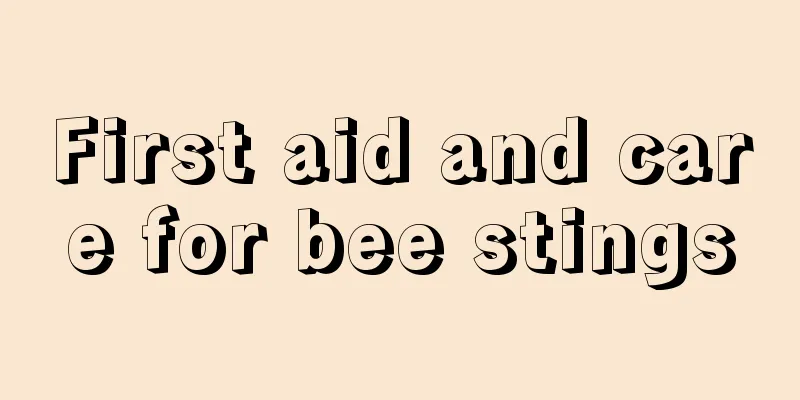Is it dangerous to extract Lishi's teeth?

|
A set of neat and white teeth can leave a good first impression on people. But many people have had tusks since childhood. These are underdeveloped teeth that are different from other teeth in the mouth. For some people, their tusks are merely unsightly and have no other impact. But for many people, their gingival teeth often press against their teeth, which causes gum inflammation, so people want to remove them. So, is it dangerous to extract the teeth? Generally speaking, wisdom teeth rarely grow well. What does it mean to not grow well? Either it doesn't grow at all, or it doesn't grow straight. If the wisdom tooth cannot grow out, the gums will cover the wisdom tooth, causing gum inflammation, bad breath, etc. Abnormal growth means that wisdom teeth cannot grow out in the same posture as normal teeth. They are likely to be tilted and press against normal teeth, which can have serious consequences. As long as the tumor does not grow well, it will become inflamed once every six months or a year, and the inflammation will last until it is removed. Generally speaking, people with wisdom teeth will consider removing them when they become inflamed, but when they heal, they forget about it. So, don't take any chances. The process of extracting wisdom teeth is very simple. The doctor will inject anesthetic injection into the mouth, and then the mouth will feel numb as if you have eaten too much ice cream. do not be afraid. However, one thing to remind you is that before extracting wisdom teeth, if there is inflammation, the doctor will give you anti-inflammatory drugs and the tooth will be extracted only after the inflammation disappears. In other words, if you go to the hospital when your wisdom teeth are not painful, you can save a doctor's procedure. Wisdom teeth can be painful, but everyone is different. Teeth should be retained as much as possible and should not be extracted if possible, as extraction may damage nerves. Therefore, many people often ask: Should wisdom teeth be removed? Dentists usually recommend removing wisdom teeth for the following reasons: 1. Tooth decay: If wisdom teeth have tooth decay, except for very simple tooth decay on the occlusal surface that is not deep, which can be filled, those tooth decay on the adjacent surface require very good technology, as well as those that are very deep and even require root canal treatment. We recommend extraction to prevent future troubles. 2. Invasion of adjacent teeth: Usually the patient is unaware of the problem, but the dentist finds out through X-ray diagnosis. Usually there is not enough space for the wisdom teeth to erupt, and they will fall on the second molars, making it difficult to clean the second molars, or even causing partial absorption of the teeth, causing discomfort or toothache for the patient. 3. Insufficient space: Wisdom teeth have been extinct in the history of human evolution. As a result, the dental arches are getting smaller and smaller, and lack of space is common. The swelling and pain are most noticeable when the tumor breaks out. Many people decide to have their wisdom teeth removed because they cannot tolerate the pain. 4. Difficult to clean: Due to lack of space, wisdom teeth often grow crookedly, making it difficult to clean the teeth and leading to tooth decay. 5. No opposing teeth: As mentioned earlier, not everyone will have all four wisdom teeth grow. Therefore, if there is no competing wisdom tooth opposite the wisdom tooth, the wisdom tooth may over-erupt and affect the bite. 6. Impacted teeth: This is usually the most annoying type. Dentists find it difficult to deal with, but patients may not feel it, so they ignore it. This type of tooth is usually buried in the alveolar bone and needs to be extracted if it hurts or if a lesion is diagnosed. Removal Instructions If you want to remove your wisdom teeth, be sure to find a professional dentist. In addition, after tooth extraction, you should pay attention to: 1. Generally, the longer the extraction time is, the longer the swelling will last, especially for impacted teeth. 2. All blood and saliva must be swallowed within one hour. Do not rinse your mouth to help blood coagulation and wound healing. 3. After returning home, you need to apply ice compress for the first two days. If you still feel uncomfortable after two days, use hot compress. 4. If you have a fever, you can take sick leave the next day. 5. It is not suitable to remove wisdom teeth when the gums are inflamed. You should take anti-inflammatory drugs and wait until the inflammation is eliminated before extracting the teeth. 6. Wisdom teeth cannot be removed during menstruation. Retainable wisdom teeth After talking about the situations in which wisdom teeth should be removed, you may still have a question: If there are no symptoms, do they not need to be removed? If you are standing in the doctor's position, he will usually recommend removing it to avoid future troubles, so it is painful once but you will be immune for life. However, if you feel that wisdom teeth do not cause any problems, then you can decide for yourself whether to have them removed. So, what kind of wisdom teeth are worth keeping? 1. The position is relatively correct and is expected to erupt normally. 2. There is no history of inflammation or pain in the soft tissue around the wisdom teeth, and there is no caries in the wisdom teeth. 3. There are wisdom teeth that are opposite to the teeth. |
<<: Physical changes after quitting smoking for 30 days
>>: What are the benefits of white rose hydrosol?
Recommend
What is the relationship between mentality and health?
Everyone knows the importance of having a good me...
Coughing and pain in left chest
Colds can cause coughs, but some people cough bec...
How long can a cut avocado be kept
Avocados should be eaten as soon as possible afte...
What are the causes of liver cancer? 8 causes of liver cancer known early
In many countries around the world, including Sou...
What to do if your knees get cold during the confinement period
During the confinement period, if your knees get ...
People who blush when drinking have a high chance of developing esophageal cancer
In the hot summer, the heat is unbearable and alc...
What are the methods of drug treatment for fibroids
Many patients with fibroids do not want to underg...
What is the best treatment after mid-term surgery for gastric cancer
What is the best treatment after mid-term surgery...
Do you know these life hacks that work all the time
There are many tips in our lives, and the existen...
How to distinguish the authenticity of deer antlers
Everyone knows that deer antler is a precious med...
Can the prosthetic rhinoplasty be removed
When performing rhinoplasty surgery, in order to ...
What are the early symptoms and treatment of endometrial cancer?
There are many early symptoms of endometrial canc...
What are the symptoms of appendicitis? There are actually ten of them
Appendicitis is one of the intestinal diseases wi...
Composition of ginsenosides
Older people should have heard about the effects ...
Which lens is better for cataract surgery
During cataract surgery, the lens actually needs ...









